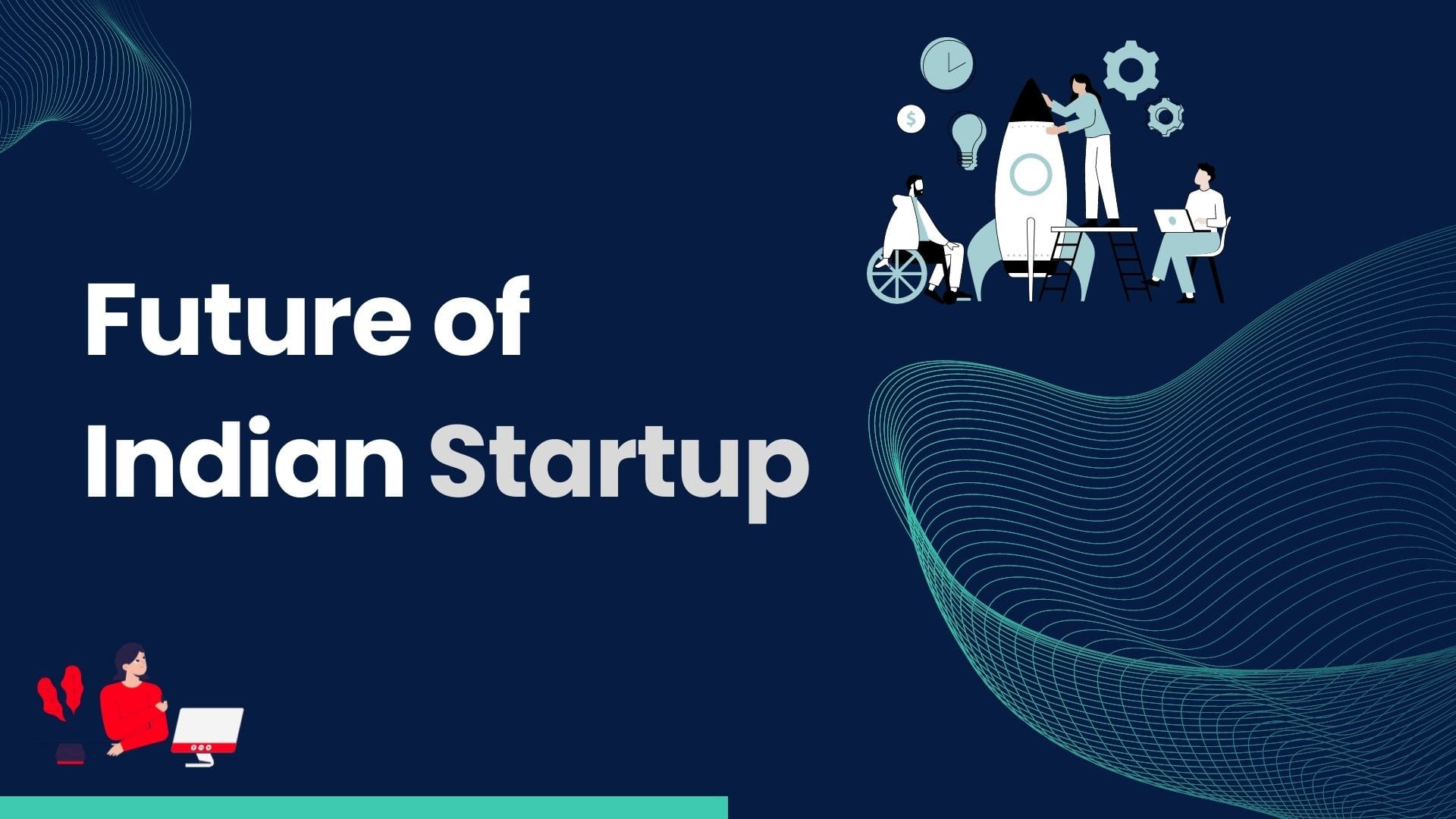The future of Indian startups looks bright and promising, with the country being home to some of the world's most innovative and fast-growing companies. According to a recent report by Nasscom, the Indian startup ecosystem is currently valued at $150 billion, and is expected to grow to $350 billion by 2025.
One of the key drivers of this growth is the government's increased focus on promoting entrepreneurship and innovation. The government has launched several initiatives aimed at providing support to startups, including tax benefits, funding, and mentorship. Additionally, the growing pool of young, tech-savvy talent in the country is also helping to drive innovation in the startup space.
Another factor contributing to the growth of Indian startups is the rise of the digital economy. The rapid growth of the internet and mobile penetration in the country has created a massive market for online services, including e-commerce, fintech, and edtech. As a result, many Indian startups are leveraging technology to provide innovative solutions that cater to the needs of the country's rapidly growing middle class.
In terms of sectors, e-commerce, fintech, and healthtech are expected to see the most growth in the coming years. These sectors are poised to benefit from the country's growing digital economy and increasing focus on health and wellness.
Despite the growth and potential, Indian startups face a number of challenges that they need to overcome. One of the major challenges is access to funding, as many Indian startups struggle to secure investment from venture capitalists and other investors. Additionally, the country's complex regulations and bureaucracy can also pose a challenge for startups looking to scale quickly.

